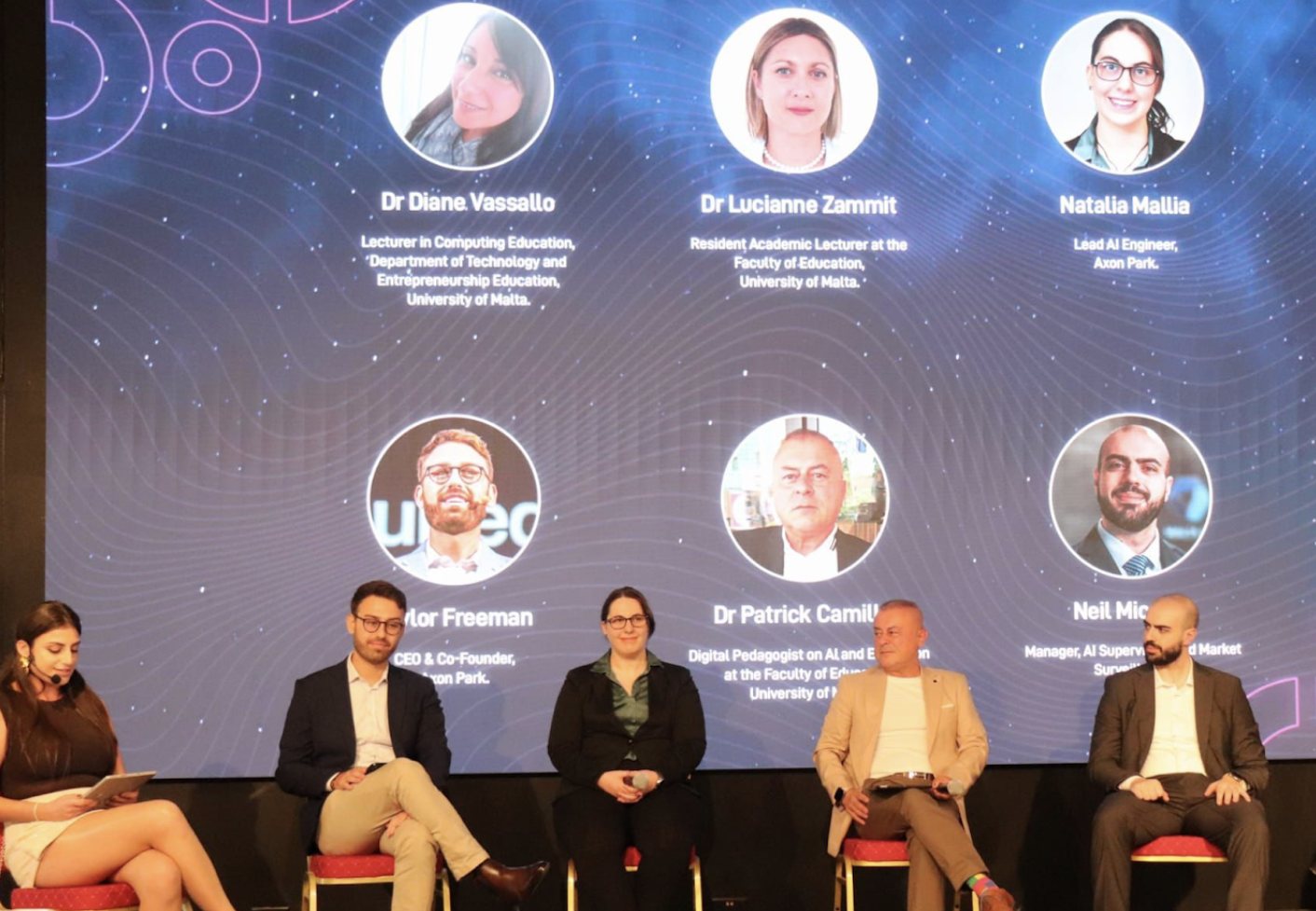Earlier this month, Axon Park was invited by the Government of Malta to contribute as local experts at a national event focused on the EU Artificial Intelligence Act. The session, organised by Shanaia Filletti and the Directorate for Digital Literacy and Transversal Skills, brought together educators, policymakers, and industry professionals to examine how Malta can prepare ahead of the Act’s full enforcement in August 2026.
Axon Park’s Co-Founder, Taylor Freeman, and Lead AI Engineer, Natalia Mallia, participated on the expert panel to share practical insights from our work building AI-driven education systems that circle around the Act’s high-risk category.
This invitation reflects the government’s recognition that Axon Park is actively developing educational AI tools that must comply with the new regulatory framework, and that our experience can help inform Malta’s approach.
Why Education AI Falls Under “High Risk” in the EU AI Act
The AI Act classifies several types of systems as “high risk” because they can affect people’s rights or opportunities. Education is one of the areas specifically listed.
AI tools used for:
-
scoring or grading
-
recommending pathways or placements
-
determining access to courses or programmes
-
monitoring students during exams
are treated as high-risk systems. These tools influence learners’ outcomes and must therefore meet strict requirements around documentation, transparency, oversight, data quality, accuracy, and ongoing monitoring.
Because parts of Axon Park’s platform involve adaptive learning, assessment support, and automated evaluation, our systems could potentially fall into this category if used by educators incorrectly.
What We Shared with Policymakers
During the panel, our focus was on offering clear, practical context rather than broad predictions.
We contributed:
1. A technical explanation of what high-risk compliance involves
This included risk assessments, model documentation, fairness considerations, human-in-the-loop requirements, and audit trails.
2. A realistic view of the data and engineering work required
High-risk systems depend on transparent datasets, documented training processes, and monitoring systems that many education organisations may not yet have in place.
3. Observations about the current talent landscape in Malta
Natalia Mallia highlighted the limited number of AI developers in the country and the need to build local technical capacity ahead of 2026.
4. Considerations for how schools, universities, and companies can prepare
We discussed the practical steps organisations should begin now, such as mapping where AI is used, identifying high-risk functions, and establishing internal governance.
5. Risks for smaller organisations
We also noted that major regulations, such as GDPR, can unintentionally disadvantage small companies. Compliance demands often strain limited resources, giving larger organisations a relative advantage. Similar short term pressures may arise with the AI Act unless smaller players receive adequate support.
Our Ongoing Work with Maltese Institutions
Our participation on the panel is part of broader, ongoing collaboration with stakeholders across Malta. This includes:
-
working with government teams to understand how the Act will be applied in education
-
consulting with lawyers and policy specialists to align our systems with high-risk requirements
-
reviewing our internal workflows to ensure that documentation, oversight, and safety processes are consistently applied
-
sharing knowledge with other education organisations as they begin their own compliance planning
Our goal is to ensure that our platform meets the required standards and to contribute constructively to Malta’s overall readiness.
Looking Ahead
The EU AI Act will have a direct impact on how educational technology is built and deployed. It introduces clearer expectations for accuracy, transparency, and human oversight, especially for systems involved in assessment and learner progression.
Axon Park will continue working closely with EU policymakers, legal advisors, and industry partners to ensure that our tools meet these requirements and to support the wider education community as it prepares for the new regulatory landscape.
If you are an organisation in Malta exploring the use of AI in education and would like to discuss practical steps for preparing for the AI Act, our team is open to collaborating.





